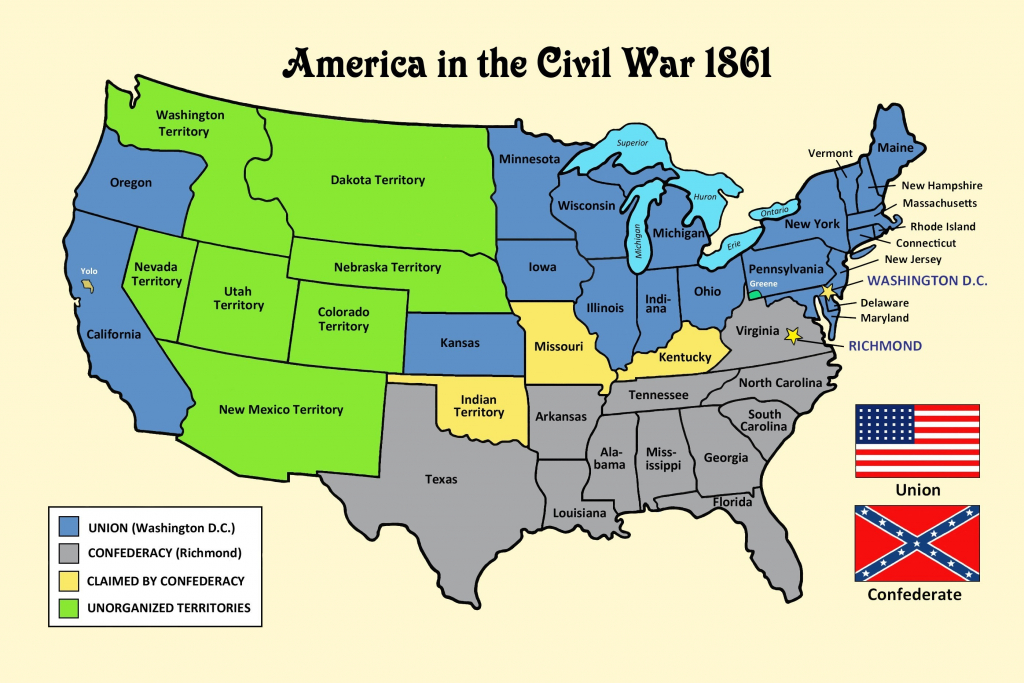

Although the language of the order did not specify any ethnic group, Lieutenant General John L. Executive Order 9066 authorized military commanders to exclude civilians from military areas.

The entire West Coast was deemed a military area and was divided into military zones. Regardless, the task was turned over to the U.S. During congressional committee hearings, representatives of the Department of Justice raised logistical, constitutional, and ethical objections. Following the attack at Pearl Harbor, government suspicion arose not only around aliens who came from enemy nations, but around all persons of Japanese descent, whether foreign born ( issei) or American citizens ( nisei). Prior to the outbreak of World War II, the Federal Bureau of Investigation (FBI) had identified German, Italian, and Japanese aliens who were suspected of being potential enemy agents and they were kept under surveillance. In Japanese American Incarceration During World War II on DocsTeach students analyze a variety of documents and photographs to learn how the government justified the forced relocation and incarceration of Japanese Americans during World War II, and how civil liberties were denied. Links go to DocsTeach, the online tool for teaching with documents from the National Archives. The order authorized the Secretary of War and military commanders to evacuate all persons deemed a threat from the West Coast to internment camps, that the government called "relocation centers," further inland. In February 1942, just two months later, President Roosevelt, as commander-in-chief, issued Executive Order 9066 that resulted in the internment of Japanese Americans. The attack on Pearl Harbor also launched a rash of fear about national security, especially on the West Coast. Prior to Pearl Harbor, the United States had been involved in a non-combat role, through the Lend-Lease Program that supplied England, China, Russia, and other anti-fascist countries of Europe with munitions. In his speech to Congress, President Franklin Delano Roosevelt declared that the Japanese attack on Pearl Harbor on December 7, 1941, was "a date which will live in infamy." The attack launched the United States fully into the two theaters of World War II – Europe and the Pacific. Japanese-American Incarceration During World War II


 0 kommentar(er)
0 kommentar(er)
